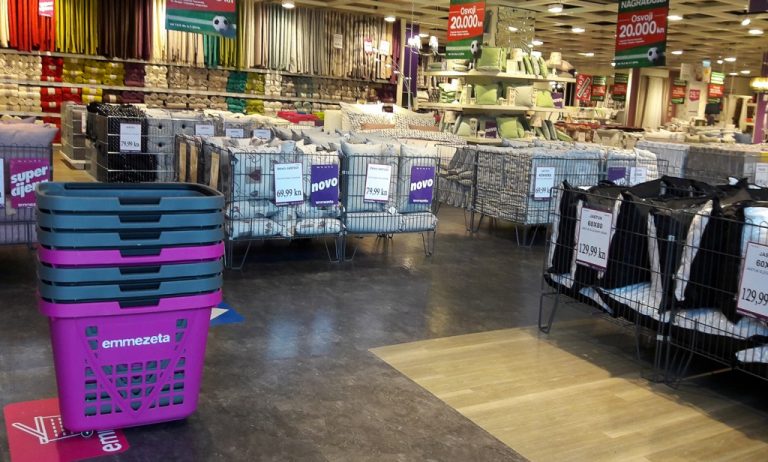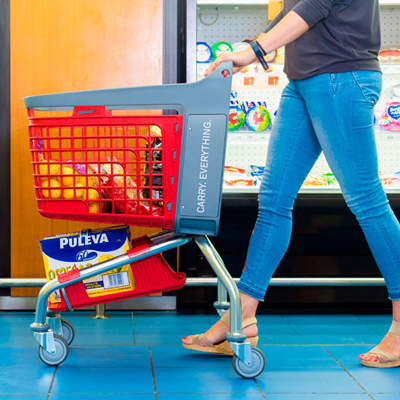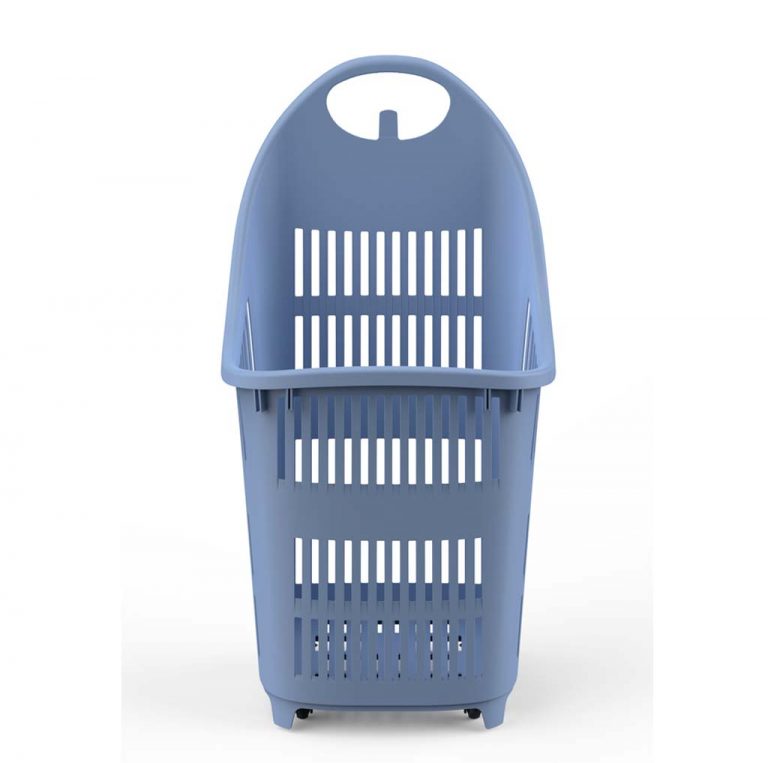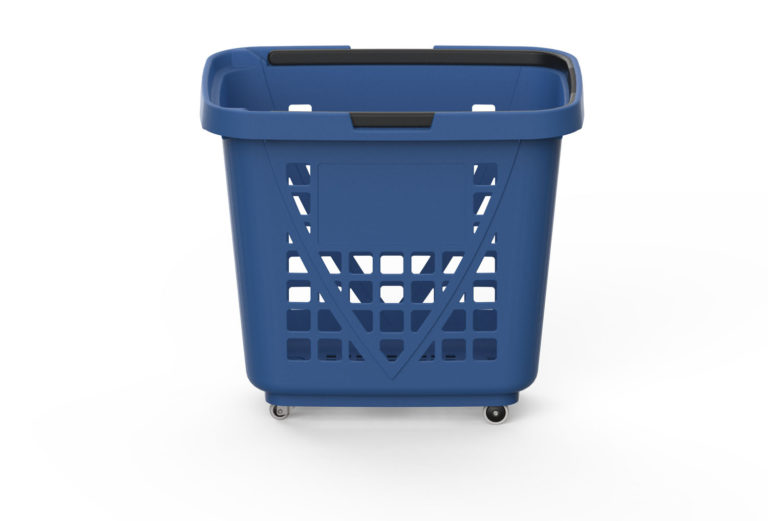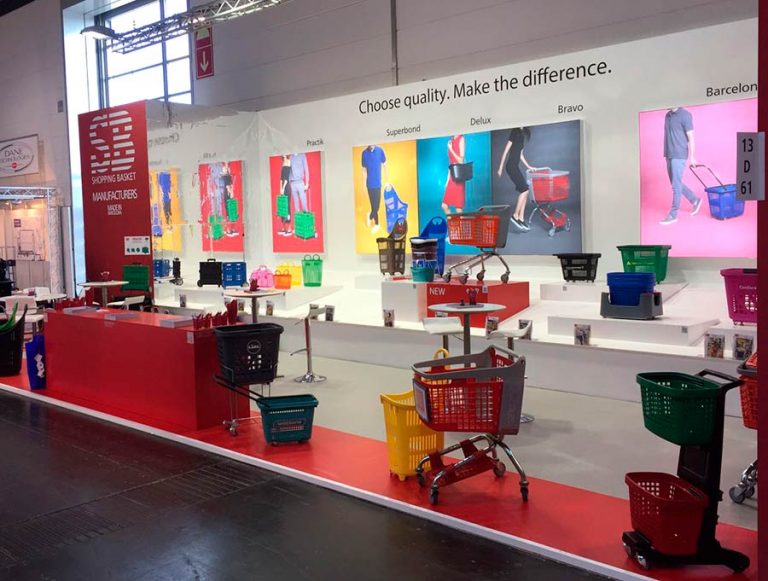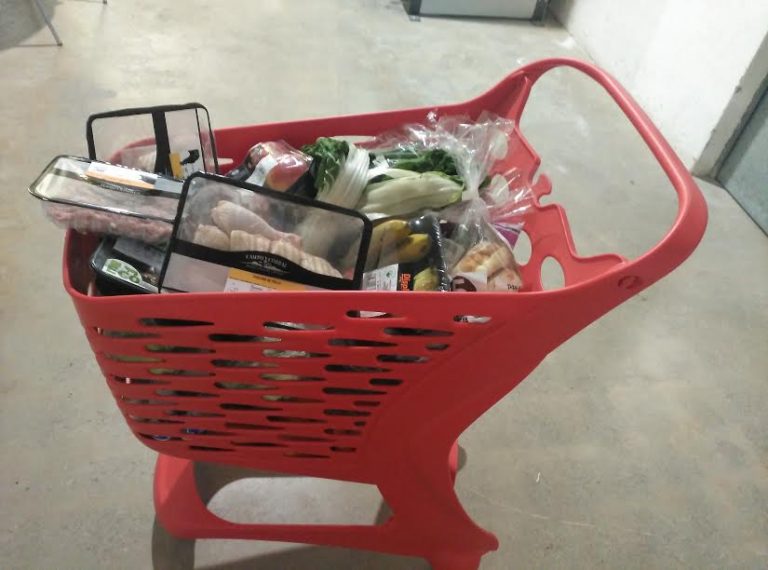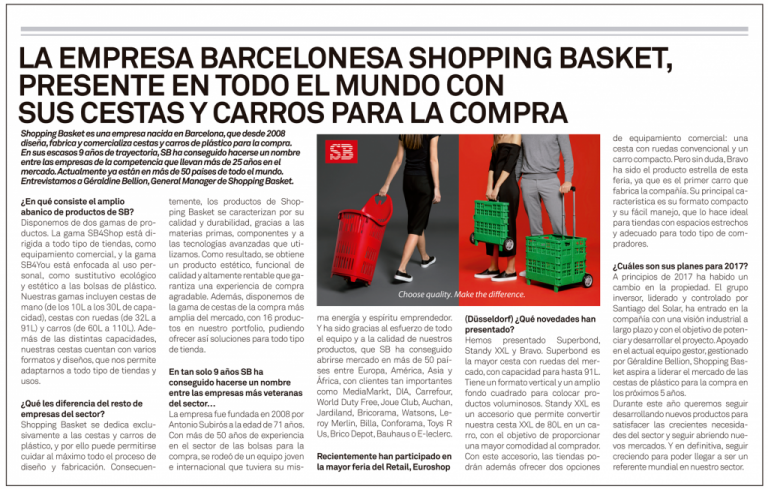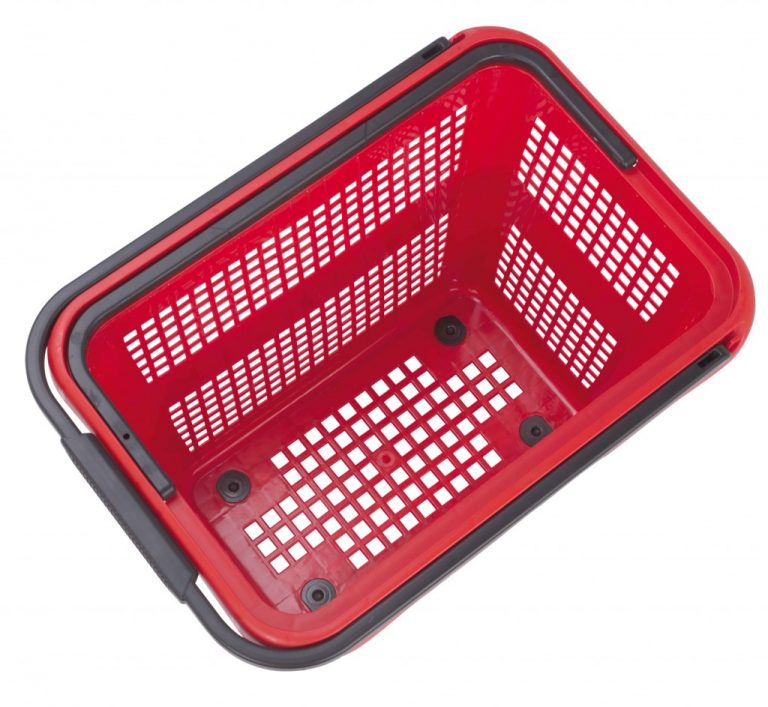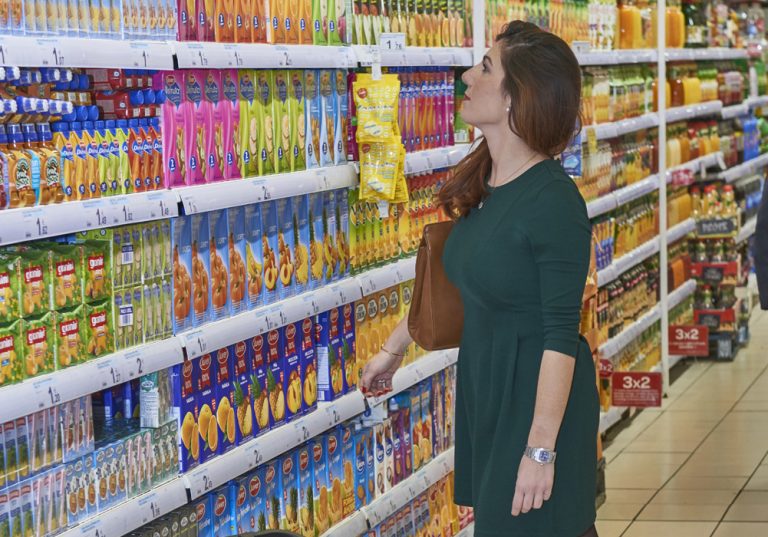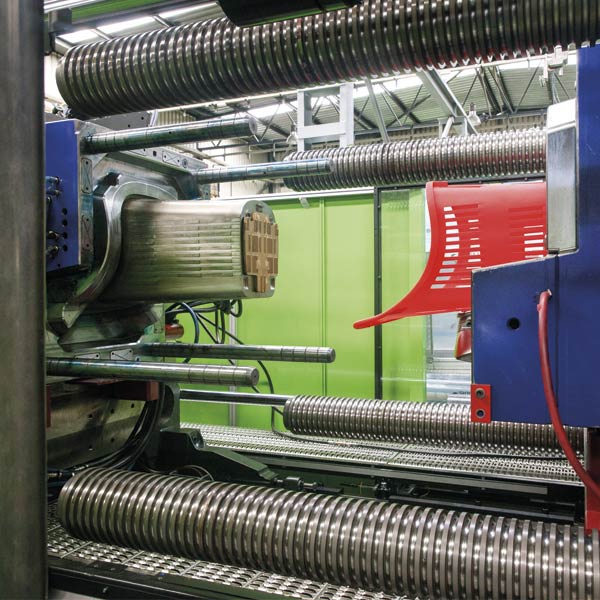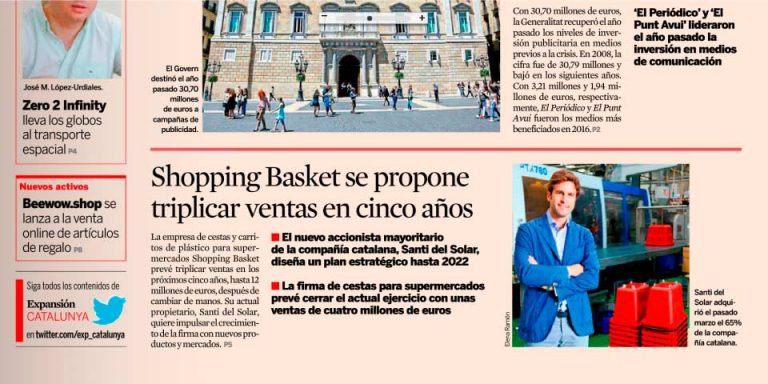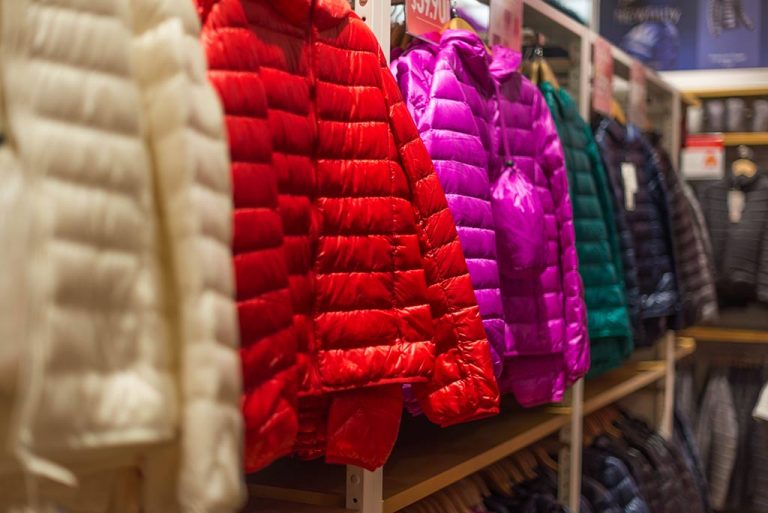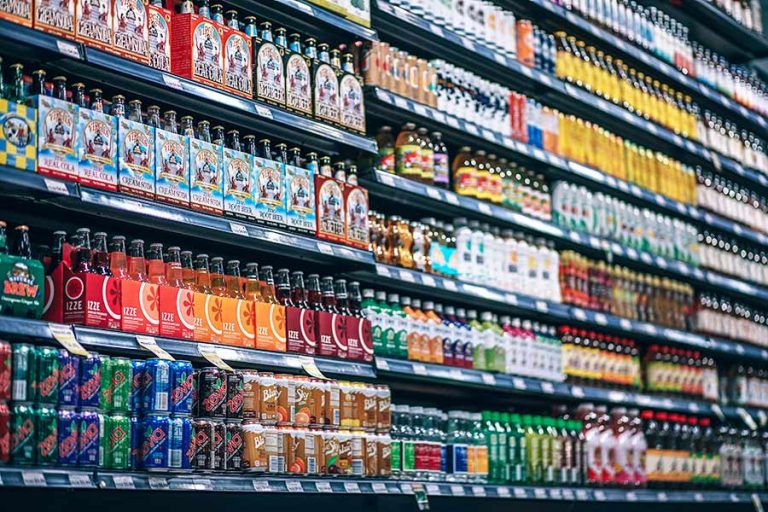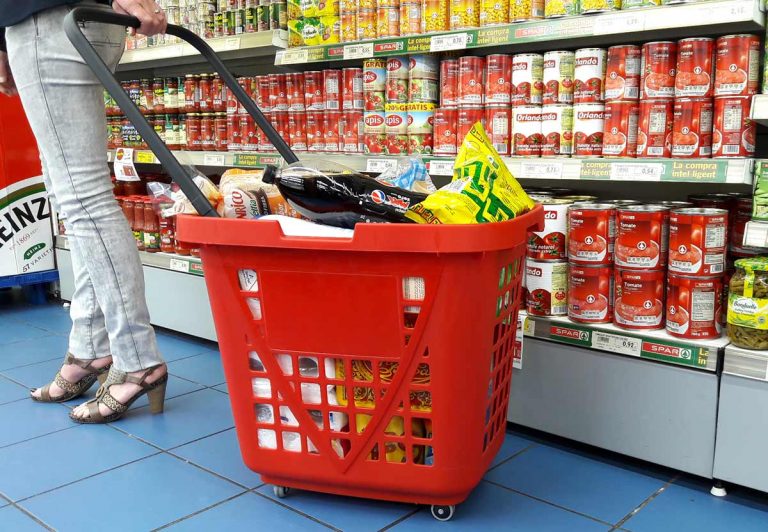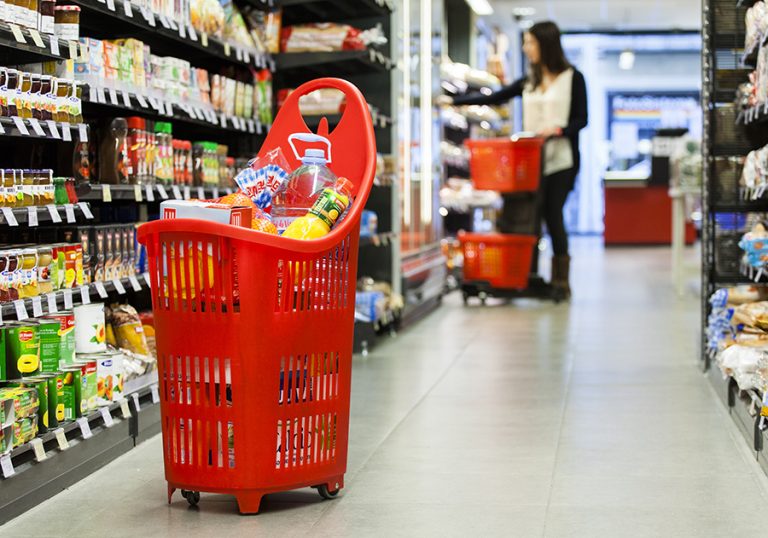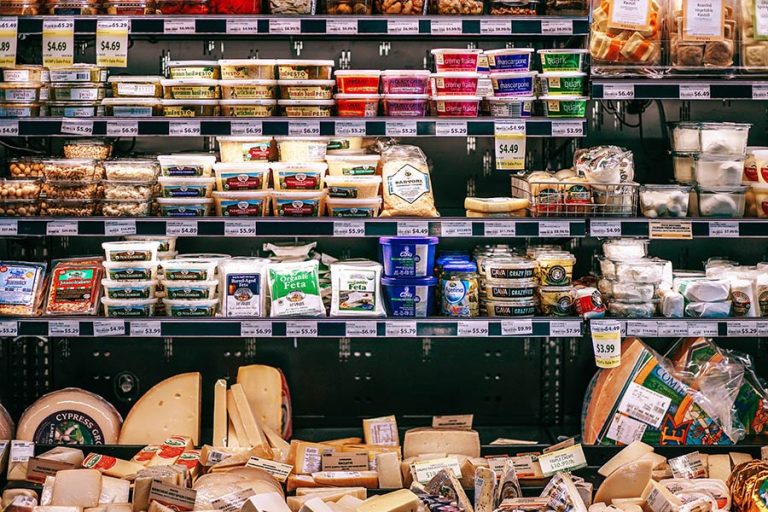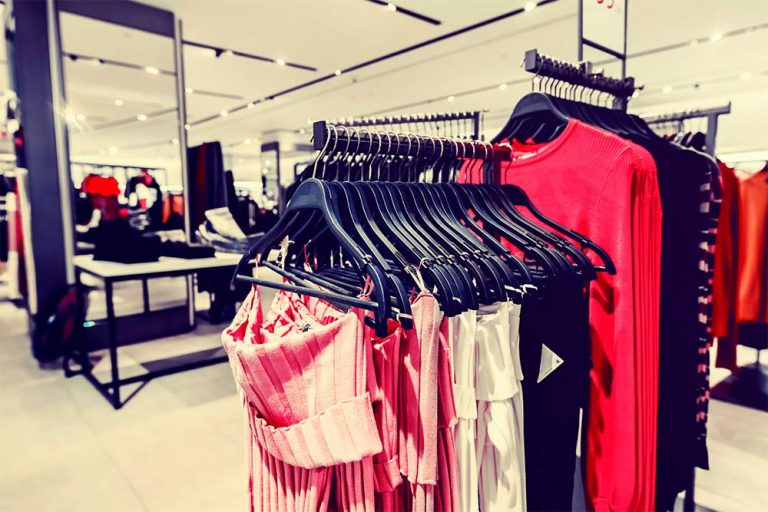In the past weeks, we have seen how safety and hygiene measures in supermarkets have been adopted around the world. As the pandemic has evolved, these measures have been adapted to the situation in each country. We also recommend that you read the first and second articles that we recently wrote so that you have a complete vision of how hygiene in the retail sector is essential to minimize health risks.
SPANISH SUPERMARKETS
Spain: second country with the most deaths due to Coronavirus by the ratio of inhabitants in the world
After seven weeks of lockdown, Spain has become one of the countries that has suffered the most from the pandemic so far. Unfortunately, we have exceeded 23,000 deaths from the virus and 226,000 infected confirmed with PCR.
According to RTVE, these are today’s data:
CONFIRMED IN SPAIN BY PCR
209.465
2.918.088 in the world
DECEASED
23.521
206.617 in the world
RECOVERED
100.875
847.034 in the world
Given this devastating data, they have taken the following safety and hygiene measures in supermarkets:

Capacity limit
1. Capacity control to keep the social distancing of 1 m.
Both, security and supermarket staff ensure that it is respected. To remind shoppers, signs on the floors have been added. They also use the loudspeakers to remember the message.

Source: La opinión de Murcia
2. Floor and vertical signs.
The fresh food departments such as the butcher and fishmonger sections as well as the checkout lanes have floor signs showing the safety space to be respected.

Source: Burgos Conecta
3. Limited capacity.
The responsibility to control the limited capacity rests with the person in charge of each establishment or the private security agent. In compliance with the regulations, when the capacity is full, entry will not be allowed until other customers leave the supermarket. In the outer queue to enter, customers keep a safe distance of one meter.

Source: El País
4. Reinforced staff.
The increased workload has forced many supermarkets to hire more staff to respond to high demand.

Source: Financial Food
5. Priority access to high-risk groups.
Seniors, pregnant women, people with disabilities or reduced mobility have priority access and should not queue.
6. Senior-only shopping time.
Many supermarkets have designated the first hour of business for vulnerable shoppers to reduce the possibility of contagion.
Hygiene measures
1. Periodic disinfection of high-touch areas.
Carts, baskets, entrances, checkout areas, toilets, cold rooms, warehouses … Everything is disinfected several times a day. Bleach and ozone are the most widely used methods.

Source: El País
2. Closing of facilities during business hours.
Some supermarkets close after lunch to disinfect the establishment. Besides, they don’t want staff shifts to coincide in order to avoid possible contagions.

Source: Financial Food
3. Must use gloves in specific areas.
They are only needed in areas of bulk food, fruit, and vegetables. Then, they need to be discarded immediately afterward.

Source:: Faro de Vigo
4. Hand sanitizer and paper available to customers and employees.
They are located at the entrance and exit of the establishments. As well as inside them.

Source: Noticias CYL
5. Food handling restriction.
Fresh products that were not previously packaged, such as bakery products, are sold in a box or a pre-packaged bag now.

Source:: Faro de Vigo
6. Clear Safety Face Mask Shield and masks.
They protect the entire face and act as a barrier against the spread of fluids and droplets.

Source: El Confidencial
7. No touch” policy.
This policy wants to help curb the spread of coronavirus. The virus lasts 24 hours on paper and cardboard and several days on plastic and metal at around 20ºC. Therefore, they try to avoid contagion by contact on surfaces.

Source: Libre Mercado
8. Installation of plexiglass screens at checkouts.
They are intended to prevent contamination by acting as a barrier between shoppers and employees.

Source: Europa Press
Shopping
1. Just one member of a household shopping.
This measure has been taken to minimize the possibility of contagion while responding to the need to decrease the capacity in stores.
2. No refunds allowed.
For hygiene reasons, no refunds are allowed during the state of alert.

3. Recommended card payment.
Banknotes and coins can be a source of contagion, so the WHO recommends using electronic and card payment as a priority.
4. Contactless card payment.
The Banking and Payments Federation has increased the contactless payment limit to 50€ instead of the previous 20€.
5.
Limitation of units sold by customer.
Some supermarkets have limited the number of units that a customer can purchase of the same reference. At the beginning of the state of alert, many customers stockpile goods over fears of the novel coronavirus outbreak.
6.
Encourage “click and collect” shopping.
Customer buys online or by phone. When he arrives at the parking lot to collect his purchase, he opens the trunk, and an operator puts the purchase in the trunk. The whole process is done without direct contact between people.

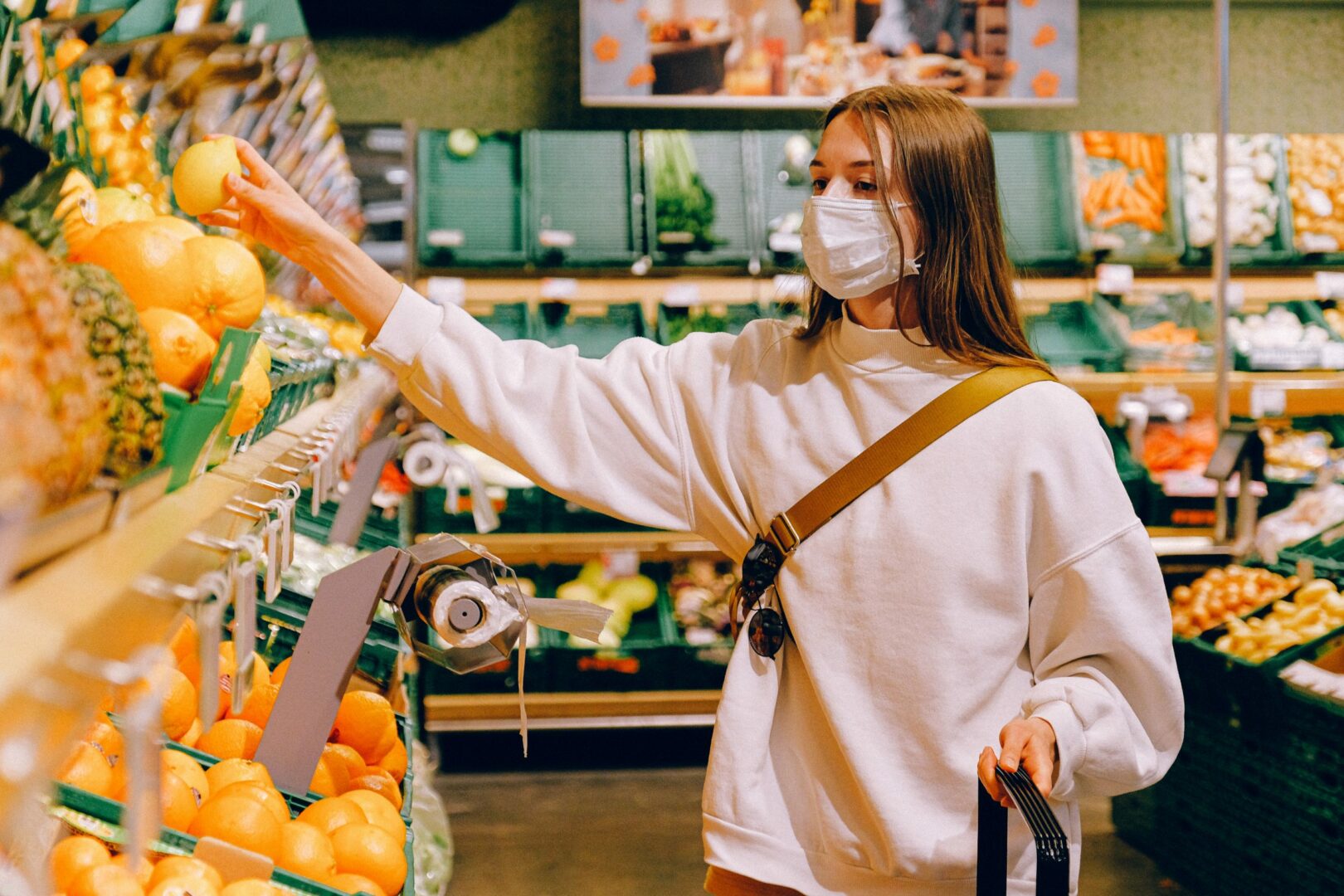

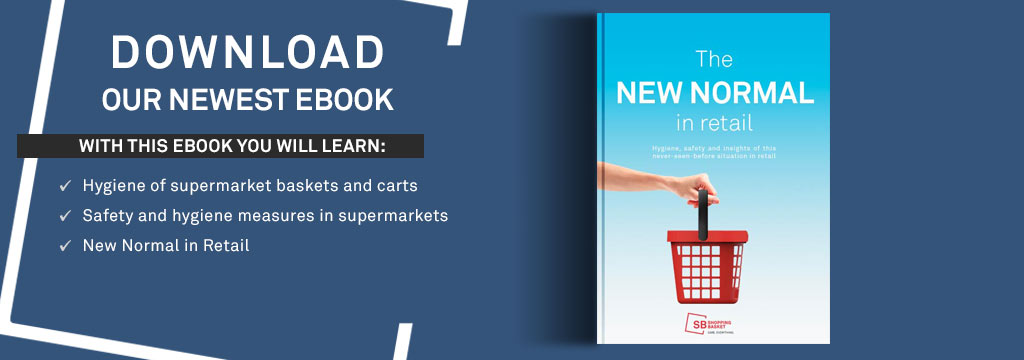
 Sign up for our newsletter and be the first to receive our articles!
Sign up for our newsletter and be the first to receive our articles!
